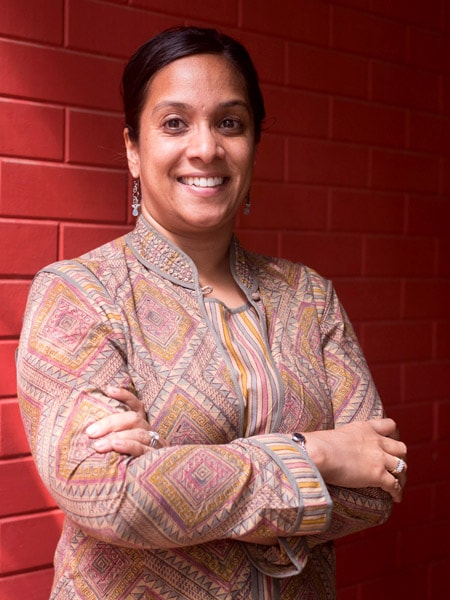
Access to Covid-19 vaccines and hesitancy around it are biggest challenges: Neera Nundy, co-founder of Dasra
Neera Nundy, co-founder of Dasra, talks about the difficulties in India achieving its Covid-19 vaccination targets, and the role philanthropy plays in it
 Neera Nundy, co-founder of Dasra on why philanthropic donors are willing to contribute more quickly, how the pandemic has changed the nature of giving in India. Photo Credit: Joshua Navalkar
Neera Nundy, co-founder of Dasra on why philanthropic donors are willing to contribute more quickly, how the pandemic has changed the nature of giving in India. Photo Credit: Joshua Navalkar
In April, when India was battling the second Covid-19 wave, Dasra launched an initiative to raise about $10 million (Rs75 crore) of philanthropic money to help 100 NGOs reach Covid-19 vaccines and relief efforts to underserved and vulnerable populations. Five months later in September, the strategic philanthropic organisation based in Mumbai has not only surpassed its target corpus, but has also helped many more organisations working on the ground.
Neera Nundy, co-founder of Dasra, talks to Forbes India about why philanthropic donors are willing to contribute more quickly, how the pandemic has changed the nature of giving in India, and the different ways in which civil society organisations are helping vulnerable communities overcome vaccine fears, while enabling them to access vaccines and other essentials. Edited excerpts:
Is there a role for philanthropy in Covid-19 vaccinations in India?
Absolutely. You need philanthropic support in Covid-19 vaccinations to support the frontline, to help ensure that individuals and communities are actually taking the vaccine. Access to vaccines and breaking down hesitancy surrounding it are two of the biggest challenges. NGOs work on the frontlines to address these, and they are funded by philanthropy. So there is definitely a role for philanthropy to play on the access side of vaccinations, as well as education and awareness around vaccines.
Tell us more about Dasra’s initiative of raising philanthropic funds to help 100 NGOs working towards Covid-19 vaccination and relief work.








